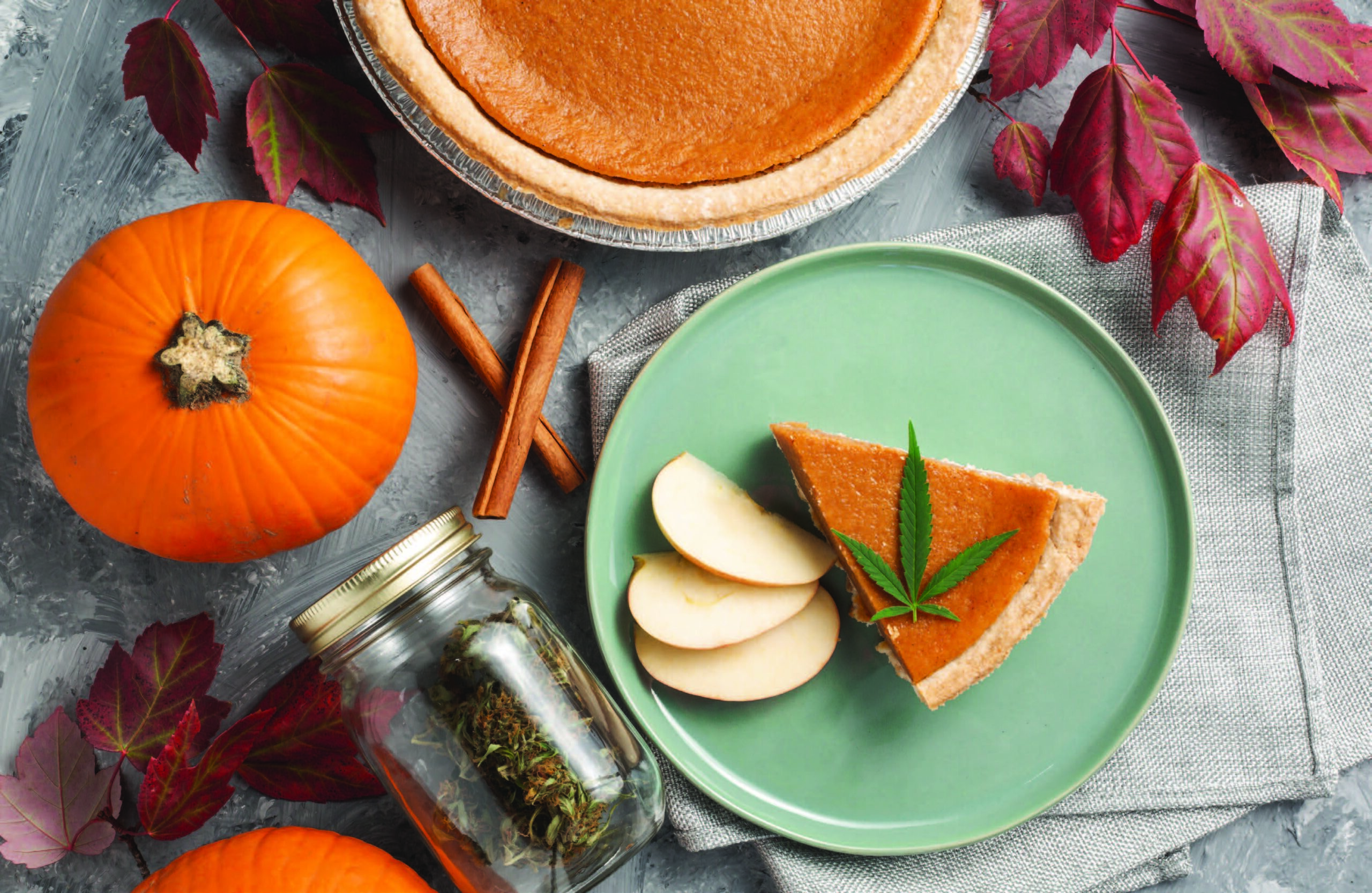The handle of executive chef Ray Srisamer’s 18-year-old sushi knife is centimeters smaller than his newer, $1,000 custom knife. After years of use, he’s worn down the wood, but keeps both in his toolkit as he works behind the bar at Pop Sushi, making swift, fluid movements as he prepares the amberjack, tuna, yellowtail, and eel with precision, slicing each piece of colorful fish into uniform pieces.
The fish – and those knives – are the building blocks for Srisamer’s raw art, which he’s been making for hungry, sushi-loving patrons since Pop Sushi opened its doors under Jimmy Nguyen, who also co-owns Rice Monkeys, in 2017.
Under Srisamer, Pop Sushi has become known for its specialty dishes, including their bright, fresh sashimi and contemporary takes on traditional dishes.
[image:2]
Srisamer wasn’t always into food, though. A transplant from Northern Thailand, Srisamer was working in the family steel business when his cousin asked if he wanted to make sushi.
“What is that?” Srisamer asked.
One bite of raw, mild-flavored red snapper and Srisamer was seduced by the world of fresh fish. But while Thailand had sushi spots at the time – Japanese workers brought the cuisine to Thailand many years ago – sushi wasn’t the staple that it is today.
Even back then, the 18-year-old Srisamer knew he wanted to get into the business, but it was difficult because restaurants in Thailand were limited, so he started off washing dishes and as helping hand in the kitchen.
Srisamer continued his sushi education in Okinawa, where he was trained in traditional sushi methods. Japanese-style sushi is simpler than the dishes Srisamer creates these days at Pop Sushi, and consists mainly of rice, fish, and soy sauce.
To some, there is no other way to eat sushi. Even in Durango, Srisamer can have a hard time getting strict traditionalists on board the experimental sushi ship. He has an ongoing friendly sparring match with one of his closest friends, a Japanese sushi chef who won’t eat anything nontraditional.
[image:3]
With respect to the cuisine’s roots, owner Nguyen and Srisamer feel that mindset is limited.
“You were trained in “Karate Kid”-mode to do one thing,” Nguyen said of traditional chefs. “But you lost out of the experience to use other ingredients.”
Nguyen said what is considered traditional today is blurry. Does adding a sprinkle of lemon zest to hamachi deem it nontraditional? Pop Sushi offers dishes like this, such as the sashimi plate, but Srisamer pushes most further than an extra dab of mayo and a dash of sea salt.
Part of that experimental mindset comes courtesy of Srisamer’s extensive training and exposure to new ideas.
In 2002, Srisamer was sponsored to work in Boulder, Colorado, and landed at a number of restaurants before being poached by James Beard Foundation award-winning chef, Tyson Cole. Cole’s Austin, Texas, restaurant, Uchi, is considered one of the best in the state.
It was at Uchi where Srisamer learned the contemporary approach apparent in Pop Sushi’s specialty sashimi dishes. Take, for instance, the Hamachi Supreme, a Durango crowd-pleaser made with thin sliced yellowtail, cold, fresh orange slices, ponzu, Thai chili, garlic, and tobiko (flying fish roe). The sweet citrus, salty roe, and hot spice is an exciting threesome.
[image:4]
Artistry aside, Srisamer’s experience is expressed by his precise prep work and tidy workstation.
“His cutting board is pristine. It’s perfect,” Nguyen said. “He looks like a very trustworthy person to eat raw fish from.”
And Pop Sushi diners do trust him. People often ask for recommendations. The Japanese palate may be limited regarding ingredients, but the American palate is, for the most part, less open to a variety of fish. Uni, or sea urchin, is a staple in Japan, but Srisamer said getting people to try uni often takes him suggesting it.
Srisamer likes making custom orders for regulars (and anyone else) who have exhausted the menu and want something they haven’t tasted.
“I just make something I would want to eat,” he said.
Freestyle cooking keeps the seasoned chef from getting bored, and gives him the chance to show people that an excellent sushi dinner doesn’t have to cost a day’s pay. That misconception is something Srisamer wants diners to understand – a higher price tag does not always mean better.
Being in a small mountain town, the available fish can vary more than it would in coastal states like Florida, but Colorado still has access to high-quality fish. Pop Sushi purchases premium fish from Seattle Fish Co. three times a week for freshness.
And with a veteran chef like Srisamer preparing your meal, chances are it’s better than you’d find in many high-end big city restaurants.
“I love to cook. I love to make sushi,” Srisamer said. “That’s why I’ve stayed with one job for so long.”












